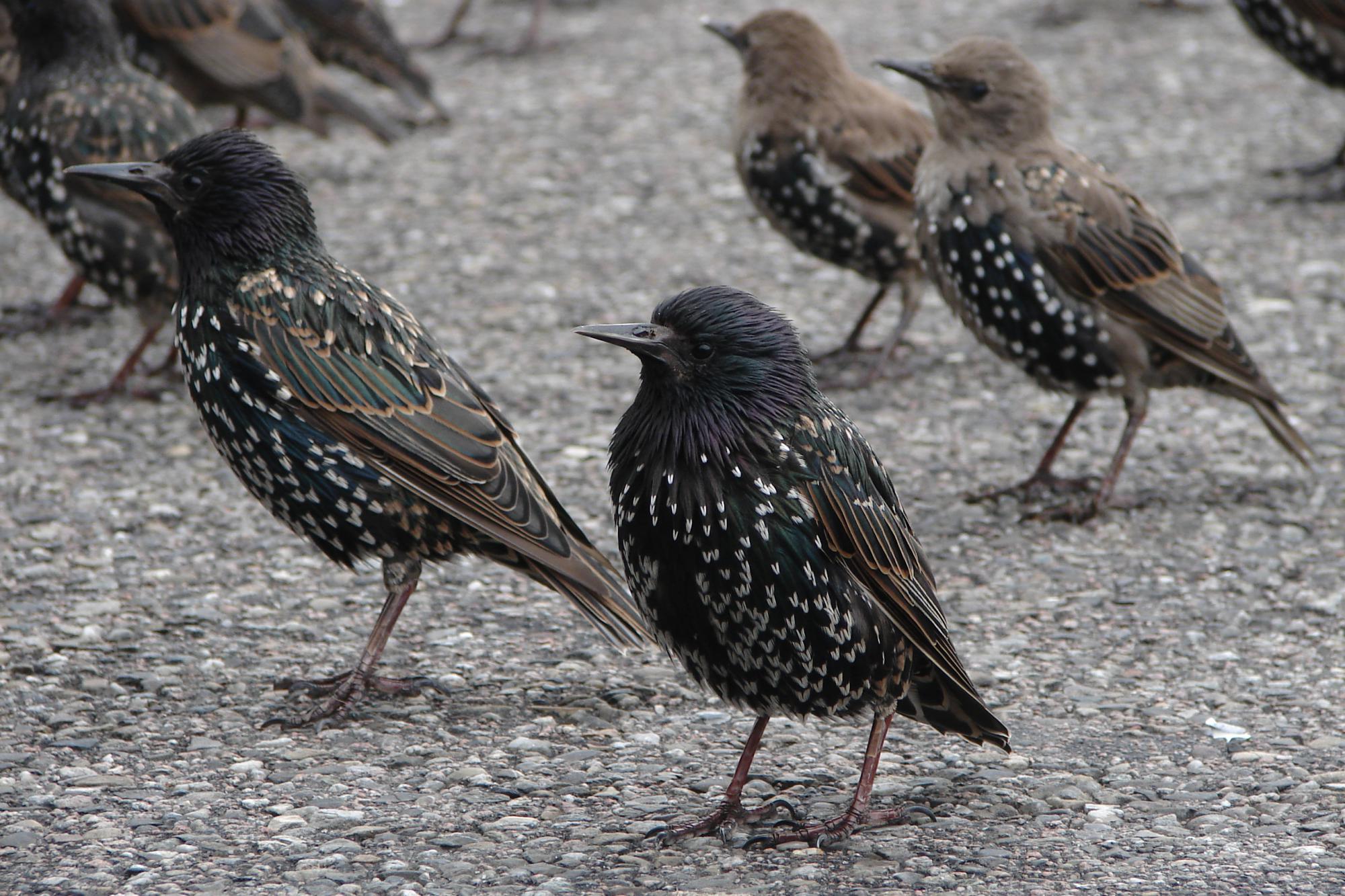As aforementioned the species are repute for being pugnacious and this is apparent in nesting too driving native birds out of their territories.
Starlings nesting in roof uk.
If you are worried about the impact of sparrows nesting in your roof you will need to wait until the end of the nesting season to take action this is likely to be the autumn.
They nest in loose colonies and do not establish and defend a proper territory only the immediate area around the nesting cavity is defended.
It is the male that builds the nest from grass and this is usually in a hole in the wall tree or building.
Repeatedly remove the nests and hide the materials until the birds grew tired of it.
In some parts of the uk starlings are nesting now.
The whole colony feeds communally in what is termed a home range.
Starlings are extremely clever when it comes to choosing their nesting site but with bird control you can ensure they re nowhere near your residences.
Starlings only nest in cavities and are happy to use those provided by people stove dryer and exhaust fan vents for example are popular nest sites along with the bird houses we put up.
A general licence issued by the government allows authorised persons to kill or take roof nesting feral pigeons in britain and house sparrows starlings and feral pigeons in northern ireland and destroy their nests but only if it can be shown that action was necessary for the purpose of preserving public health.
But people also complain about starlings getting in the trash.
What is the starling s nesting behaviour.
Starlings nest in holes and cavities especially in trees but often use holes in buildings including occupied houses.
The sparrows or starlings can easily recover this and effortlessly rebuild their nesting place.
Instead place it in a plastic bag and hide it from possible pecking.
They ll find their way into a loft under the barge boards and just about anywhere there is a cavity large enough for them to squeeze into.
This will make it harder for the birds to find new materials so they ll likely seek a new habitat.

